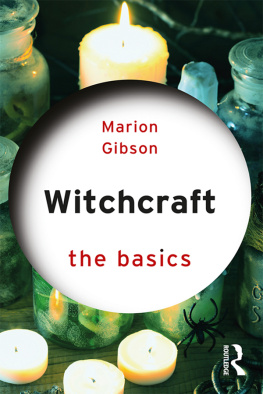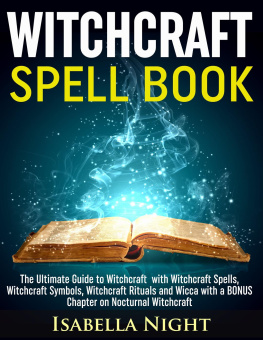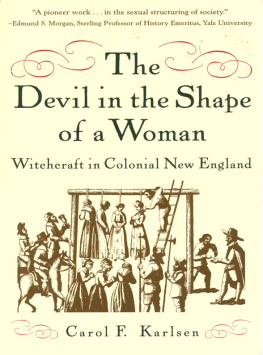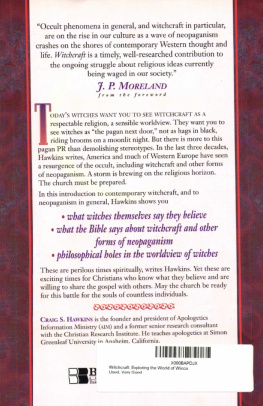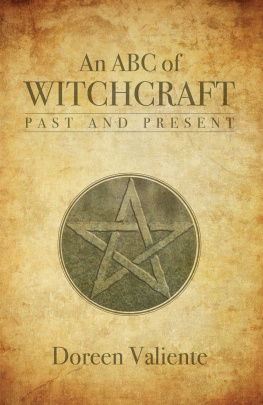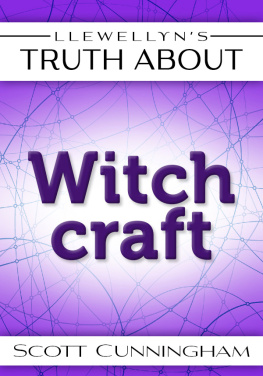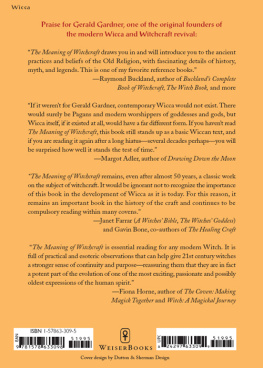Science in an Enchanted World
Best known as the Saducismus triumphatus (1681), Joseph Glanvills book on witchcraft is among the most frequently published from the seventeenth century, and its arguments for the reality of diabolic witchcraft elicited passionate responses from critics and supporters alike. Davies untangles the intricate development of this text and explores how Glanvills roles as theologian, philosopher and advocate for the Royal Society of London converge in its pages. Glanvills broader philosophical method and unique approach to the supernatural provide a case study that enables the exploration of the interaction between the rise of experimental science and changing attitudes to witchcraft.
Dr Julie Davies is a Research Assistant at the ARC Centre of Excellence for the History of Emotions at the University of Melbourne.
Routledge Research in Early Modern History
Individuality in Early Modern Japan
Thinking for Oneself
Peter Nosco
The Solemn League and Covenant of the Three Kingdoms and the Cromwellian Union, 16431663
Kirsteen M. MacKenzie
Guilds, Labour and the Urban Body Politic
Fabricating Community in the Southern Netherlands, 13001800
Bert De Munck
The Discourse of Exile in Early Modern English Literature
J. Seth Lee
Women and Jewish Marriage Negotiations in Early Modern Italy
For Love and Money
Howard Tzvi Adelman
Piracy and Captivity in the Mediterranean
15501810
Edited by Mario Klarer
The Reformation of Englands Past
John Foxe and the Revision of History in the Late Sixteenth Century
Matthew Phillpott
Science in an Enchanted World
Philosophy and Witchcraft in the Work of Joseph Glanvill
Julie Davies
For more information about this series, please visit: www.routledge.com/Routledge-Research-in-Early-Modern-History/book-series/RREMH
First published 2018
by Routledge
711 Third Avenue, New York, NY 10017
and by Routledge
2 Park Square, Milton Park, Abingdon, Oxon OX14 4RN
Routledge is an imprint of the Taylor & Francis Group, an informa business
2018 Taylor & Francis
The right of Julie Davies to be identified as author of this work has been asserted in accordance with sections 77 and 78 of the Copyright, Designs and Patents Act 1988.
All rights reserved. No part of this book may be reprinted or reproduced or utilized in any form or by any electronic, mechanical, or other means, now known or hereafter invented, including photocopying and recording, or in any information storage or retrieval system, without permission in writing from the publishers.
Trademark notice: Product or corporate names may be trademarks or registered trademarks, and are used only for identification and explanation without intent to infringe.
Library of Congress Cataloging-in-Publication Data
Names: Davies, Julie, author.
Title: Science in an enchanted world : philosophy and witchcraft in
the work of Joseph Glanvill / by Julie Davies.
Description: 1st [edition]. | New York : Taylor & Francis, 2018. |
Series: Routledge research in early modern history | Includes
bibliographical references and index.
Identifiers: LCCN 2018009212 (print) | LCCN 2018015764 (ebook) |
ISBN 9780429465987 (ebook) | ISBN 9781138609891
Subjects: LCSH: Glanvill, Joseph, 16361680. | Philosophy
History17th century. | WitchcraftHistory17th century.
Classification: LCC B1201.G54 (ebook) | LCC B1201.G54 D38
2018 (print) | DDC 192dc23
LC record available at https://lccn.loc.gov/2018009212
ISBN: 978-1-138-60989-1 (hbk)
ISBN: 978-0-429-46598-7 (ebk)
Typeset in Sabon
by Apex CoVantage, LLC
It gives me great pleasure to acknowledge the people and institutions that supported the research towards this book. During my doctoral candidacy, I was very fortunate to receive the ongoing support of an Australian Postgraduate Award as well as a Lizette Bentwitch Scholarship, awarded by the Faculty of Arts at the University of Melbourne. My archival research was also facilitated by several bursaries from the Melbourne Scholarships Office, the British Society for the History of Science, and the Australian and New Zealand Association for Medieval and Early Modern Studies, as well as a Margaret Rumbold Bursary awarded by the Australian Federation of University Women, Victoria. The Herzog August Bibliothek, Wolfenbttel also provided administrative and travel support for which I am most grateful.
The Duke of Beaufort and several institutions have been especially generous in the sharing of knowledge and resources for this work and I would like to offer special thanks to the staff at the following organisations: Natural History MuseumLondon, British Library, Kent State University Library, University of Bristol, Gttingen State and University Library, Pictura Paedagogica Online, Cambridge University Library, Dr Williamss Library, Wellcome Collection, and the Royal College of Physicians. I also appreciate being granted access to collections at the following institutions: Bodleian Library, Herzog August Bibliothek, Herzogin Anna Amelia Bibliothek, Staatsbibliothek zu Berlin, Dorset History Centre, Warburg Institute, Worcester Cathedral Library, Lambeth Palace Library, Plymouth and West Devon Record Office, Devon Record Office, Bath Record Office, National Archives at Kew, Lincoln College, Corpus Christi College in Oxford, and the Royal Society of London.
I would also like to thank several people who graciously discussed particular elements of this research with me, providing advice, encouragement, perspective, and references: Sir Keith Thomas, Alexandra Walsham, Peter Wallis, Sarah Hutton, Peter Elmer, Jonathan Barry, Philip Beeley, Charles Wolfe, Stephen Gaukroger, Andreas Corcoran, Markus Meumann, Juergen Beyer, Peter Morton, Mark Spencer, Peter Sherlock, Megan Cassidy-Welch, Kristian Camilleri, Louise Hitchcock, Mark Cleary, Leigh Penman, Jenny Spinks, Matthew Champion, and Charlotte Smith. I am particularly grateful to Constance Blackwell, Lyndal Roper, Michael Hunter and Anna-Marie Roos, for their invaluable advice and support. To my thesis examiners Brian Levack and Stephen Clucas, sincerest thanks for your generous feedback and ongoing encouragement. Thank you also to Max Novick and the staff at Routledge who kindly and diligently facilitated the publication of this monograph and Simon Davies for his skilful compilation of the index.
I will forever cherish the friendships that have supported me personally and intellectually through this journey. My heartfelt thanks to Michael Pickering, Emily Fitzgerald, Erik Ropers, Rebecca Sanders and my treasured mother Jennifer.
I am indebted to Keith Hutchison for his always honest and meticulous attention to detail, and for teaching the subject in which I first encountered the work of a certain Joseph Glanvill.
I am eternally grateful for having the opportunity to work with Gerhard Wiesenfeldt, whose astounding intellect and depth of knowledge has helped broaden my context and refine my argument beyond what I had ever hoped was possible.



